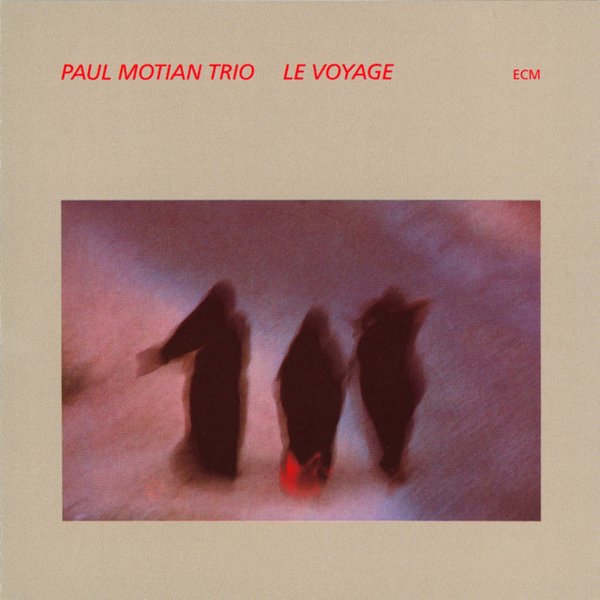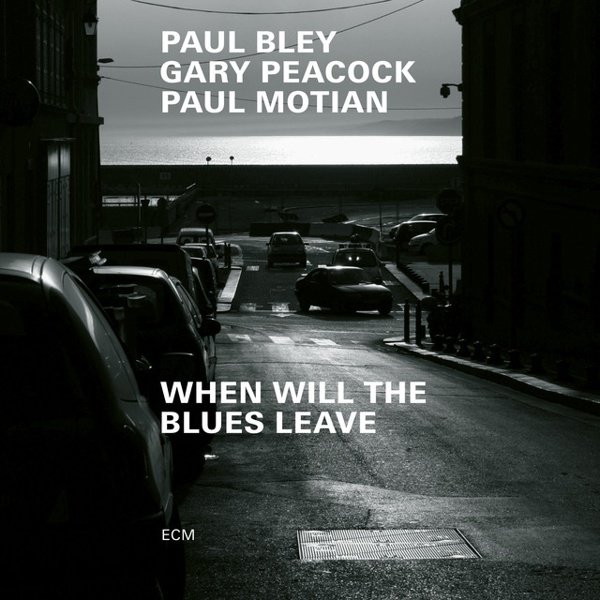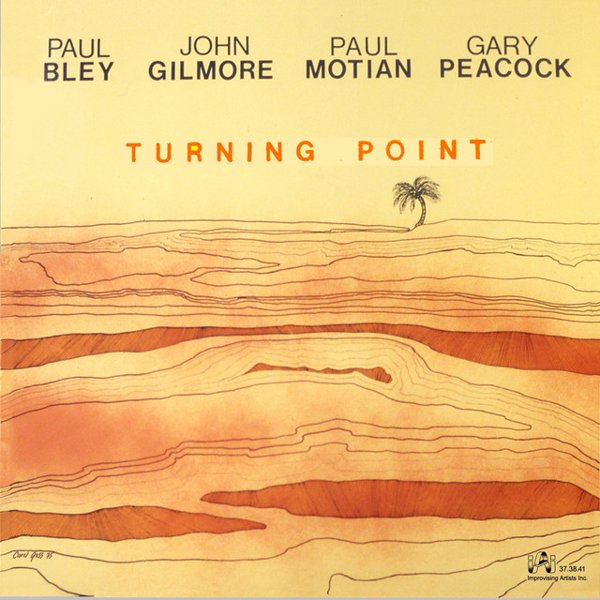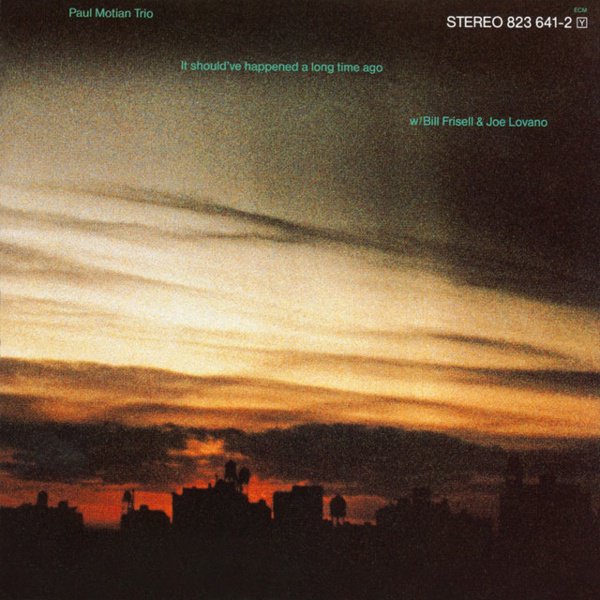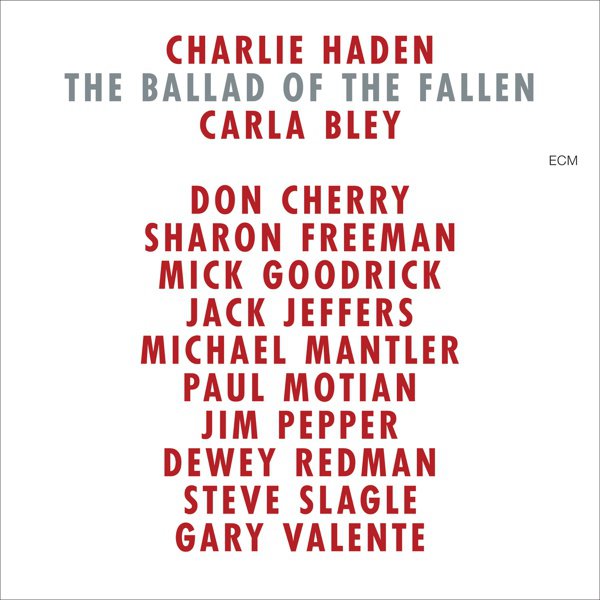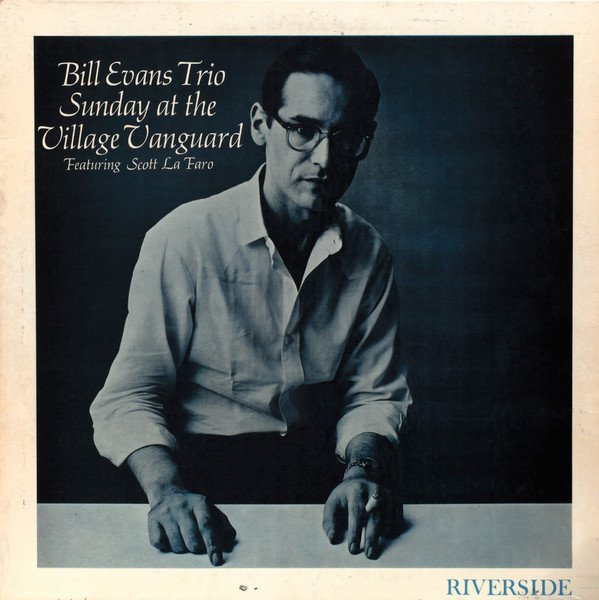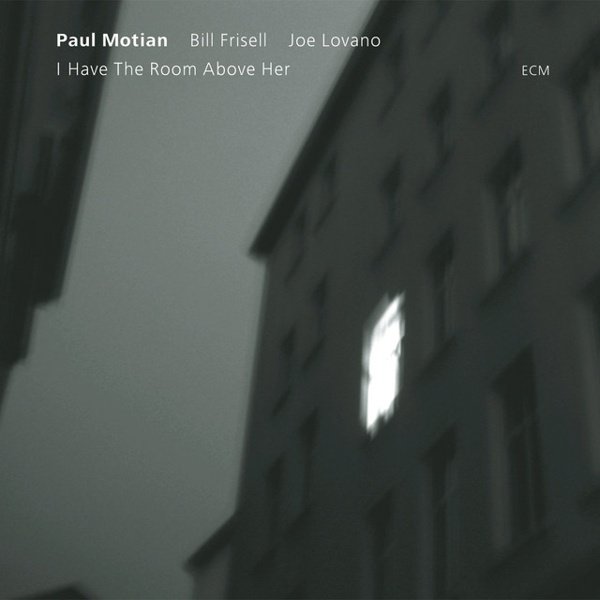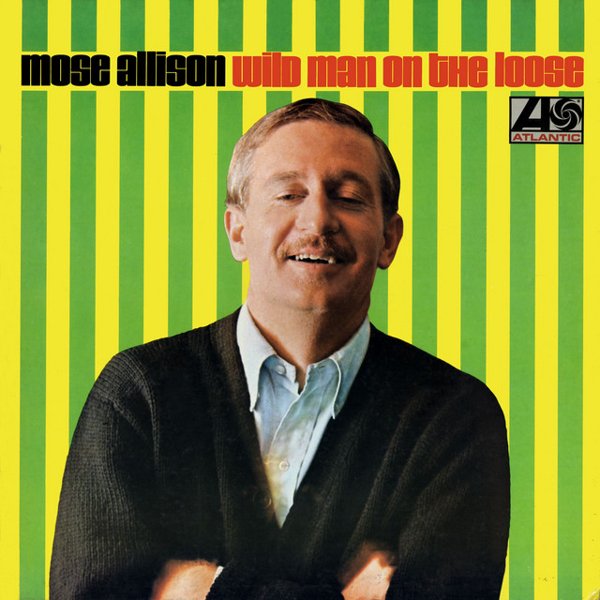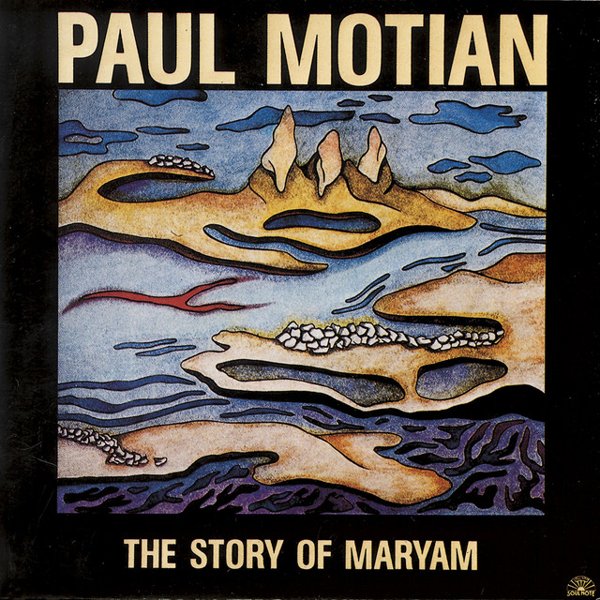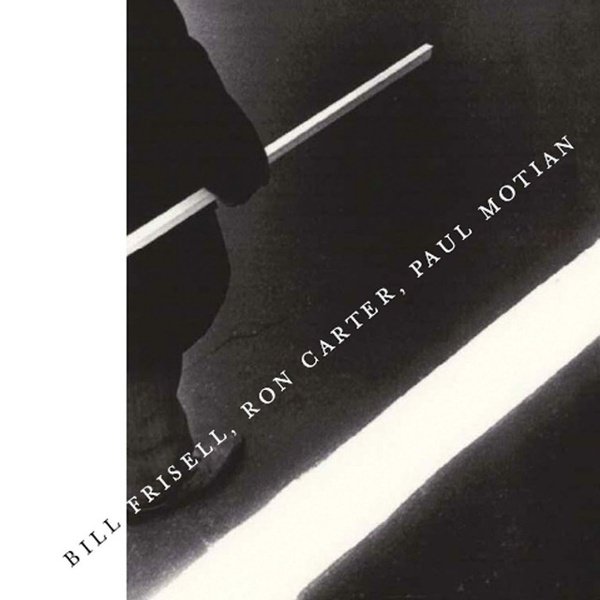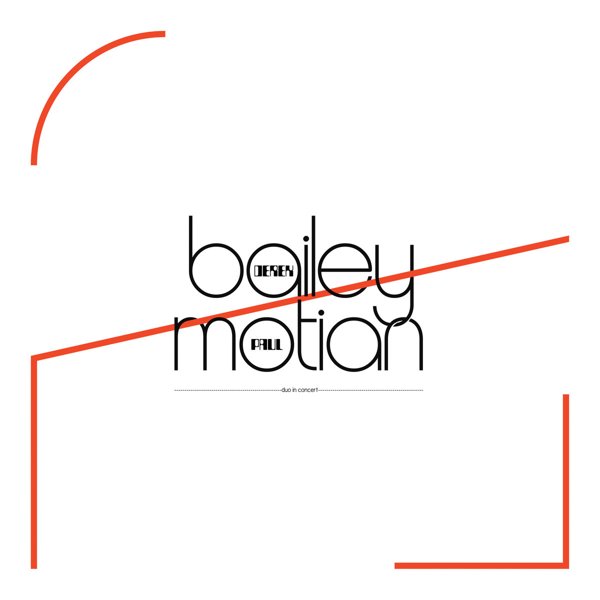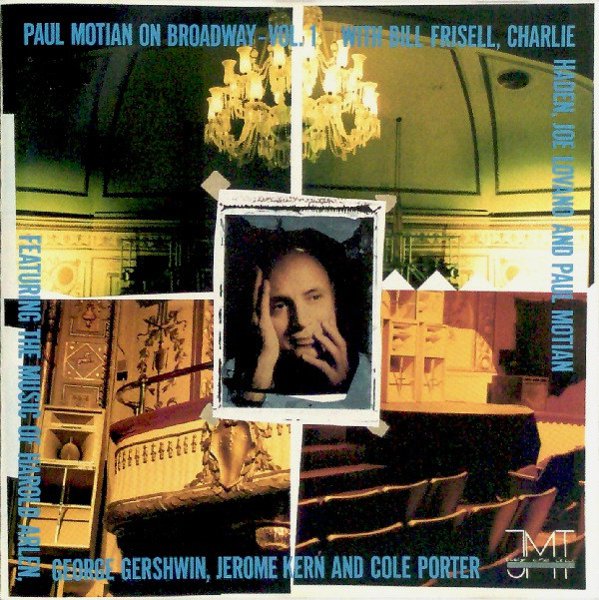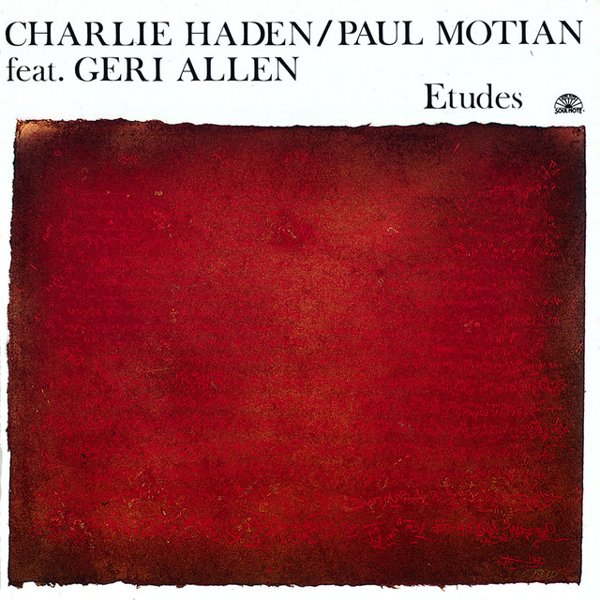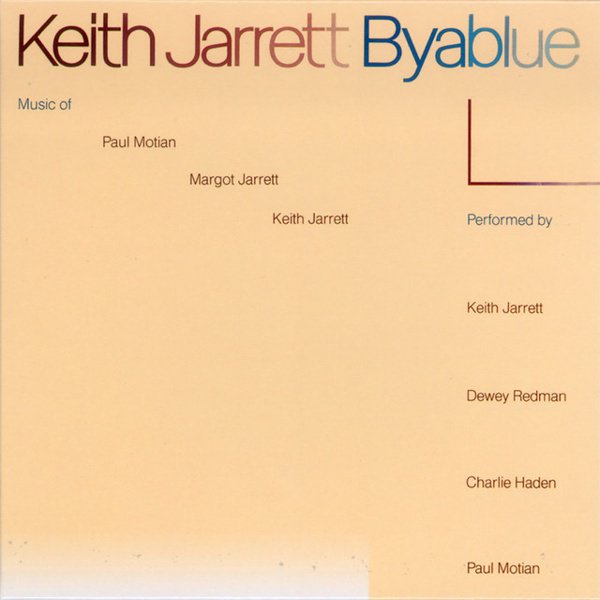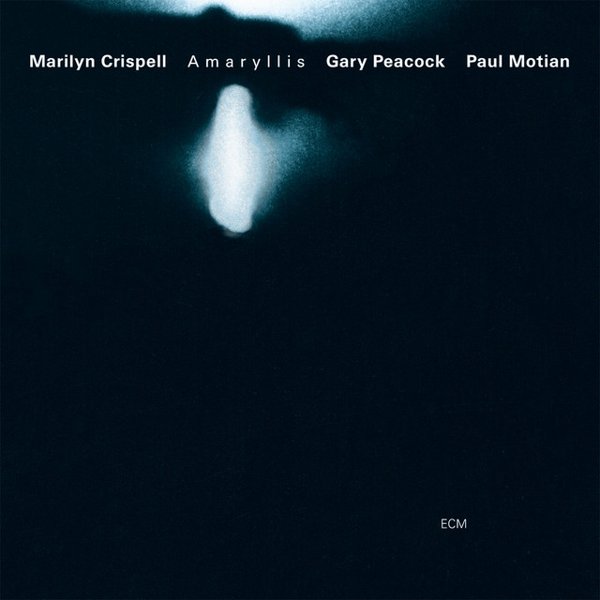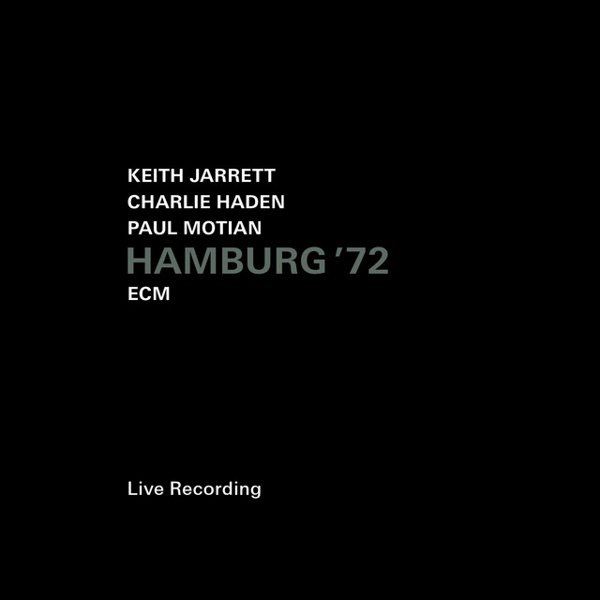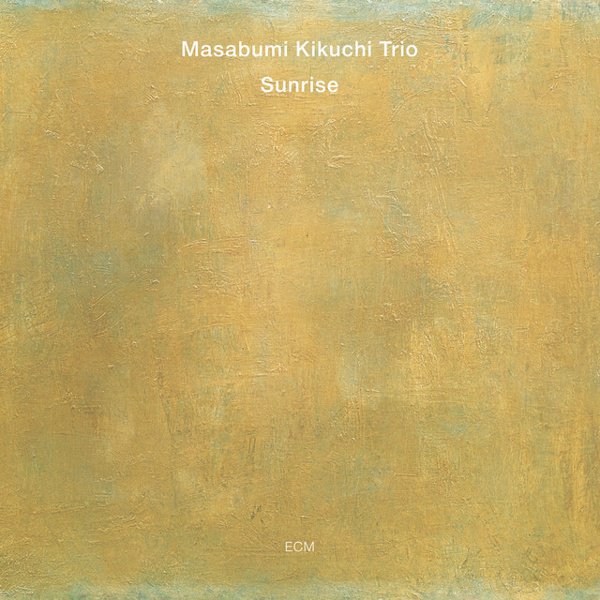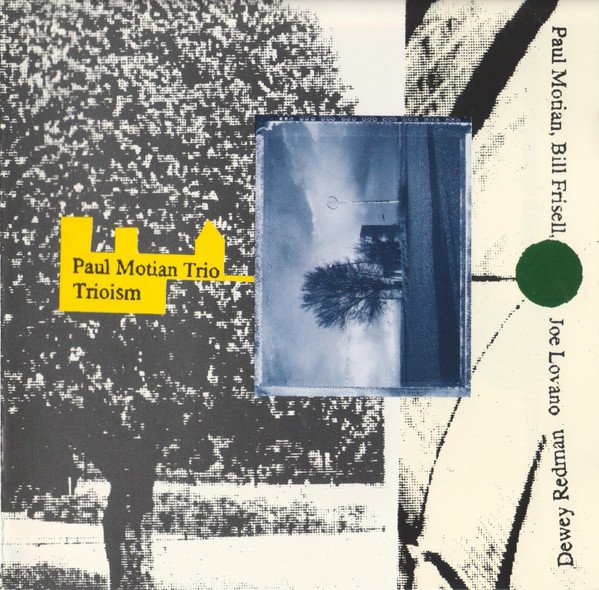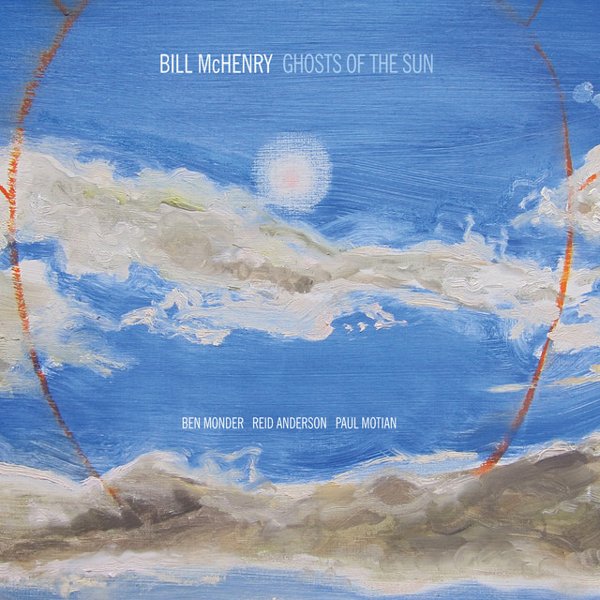One measure of Paul Motian’s greatness is the sheer scope of his 50-year-plus career: just how many eras, projects and collaborations one has to reckon with in order to fathom the full extent of the late drummer-composer-bandleader’s genius. Few other artists in jazz evolved so dramatically, or in such surprising ways. Hearing him backing Bill Evans in 1960, it would have taken a real imaginative leap to envision him working on the cutting edge of the avant-garde with Paul Bley just four years later. Likewise, even hearing him in Keith Jarrett’s adventurous quartet in the early 1970s, it would have been a surprise to find him, by the mid-’80s, firmly entrenched in the role of composer-bandleader, helming a stealthily radical trio that would become one of the most enduring and widely admired jazz groups of its time.
Pick 50 Paul Motian sessions, and you’d still be missing some top-shelf material, but consider these 25 as a starter pack, representing most of his major milestones and sketching an outline of his inimitable path.
Along with the leader’s unfailing gracefulness, the agility and imagination of bassist Scott La Faro tend to make the strongest impression upon early exposure to the classic Bill Evans Trio, as captured on the legendary 1961 Village Vanguard recordings. But without Motian’s hushed yet crisply authoritative brushwork, the group would lack a crucial center of gravity. Early recordings with a very different pianist, Paul Bley (a Motian collaborator for decades afterward — see also When Will the Blues Leave, a superb 1999 live effort with Gary Peacock on bass) find the drummer’s style loosening up and taking on a new restlessness in the midst of the nascent free-jazz movement. The mid-‘60s also saw him backing eminent jazz-pop songman Mose Allison, whose Wild Man on the Loose LP is a good place to hear Motian in a more mainstream mode.
Motian’s prolific and durable association with Keith Jarrett, starting in the late ‘60s and spanning roughly a decade, produced a slew of strong albums — including the freewheeling, often ecstatic live sets Hamburg ’72 and Fort Yawuh, both also featuring frequent collaborator Charlie Haden — that swirled together avant-garde and down-home sounds. Don’t miss 1977’s Byablue: Even though Motian had already recorded twice as a leader for ECM by this point, this Jarrett release, for which Motian wrote most of the tunes, in some ways felt like his official emergence as a composer, showcasing his signature writing style, romantic yet otherworldly.
Motian dove full on into bandleading, notching major wins with both a short-lived early trio featuring the obscure saxophone great Charles Brackeen (heard on La Voyage) and a two-tenor quintet (heard on The Story of Maryam) that planted the seeds for his greatest and longest-running band: the trio with saxophonist Joe Lovano and guitarist Bill Frisell. Their recorded debut, It Should’ve Happened a Long Time Ago is a marvel of ethereal melody, profoundly lovely in spots, bracingly odd and/or abstract in others. Later records like Trioism and I Have the Room Above Her show how the band’s mystery and chemistry only deepened across the years, as Motian’s drumming grew ever more daring in both its impressionistic sparseness and — when the moment called for it — booming authority.
This survey also touches on other key Motian alliances. His partnership with Masabumi Kikuchi — an enigmatic Japanese pianist whose love of murky, elusive beauty was a perfect fit for the drummer’s aesthetic temperament — flowered in various Motian-led projects as well as in the collective trio Tethered Moon (rounded out by Peacock, who also joined Motian on Amaryllis, an immersive 2001 set by the adventurous pianist Marilyn Crispell), and on the Kikuchi album Sunrise, released after the drummer’s death.
Motian and Haden proved endlessly compatible, whether in their joint sideman role with Jarrett; in their brilliantly matched trio with pianist Geri Allen, documented on Etudes; on the celebrated late ‘80s On Broadway sessions, where Motian, Frisell, Lovano and Haden put their fresh and inimitable spin on classic show tunes; in the Liberation Music Orchestra, the bassist’s internationally attuned protest-music ensemble featuring Carla Bley’s dramatic arranger’s touch, heard to great effect on The Ballad of the Fallen; or, later, in a highly intuitive standards-focused all-star quartet with saxophonist Lee Konitz and pianist Brad Mehldau.
Other albums featured here showcase shorter-lived but no less inspired collaborations: a wonderfully laid-back and atmospheric team-up with Frisell and bass giant Ron Carter; The Windmills of Your Mind, a late-life bandleading effort featuring Frisell, and, in an understated star turn, vocalist Petra Haden, one of Charlie’s triplet daughters; a lovely and empathetic live meeting with avant-guitar icon Derek Bailey; and three outstanding examples of Motian playing with musicians decades younger than him and sounding timelessly hip: saxophonist Bill McHenry’s Ghosts of the Sun; Motian’s own Flight of the Blue Jay, where he interprets Monk, Bud, Bird and more with his two-guitar Electric Bebop Band; and Lost in a Dream, featuring saxophonist Chris Potter and pianist Jason Moran.

